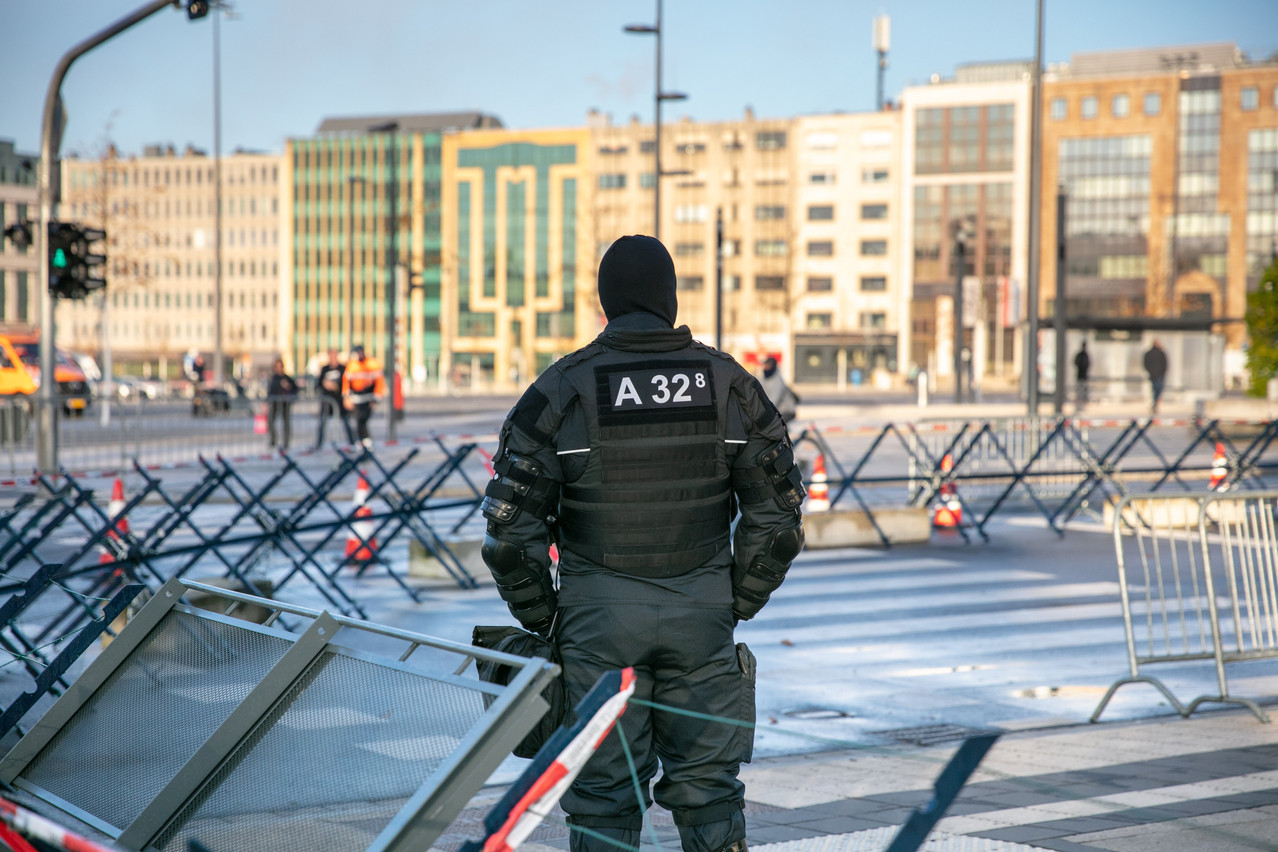The president of the trade union, Pascal Ricquier, who has been famously vocal in the past, suggests the pandemic has exposed people in the upper echelons of the force.
SPAL's vice president Tom Braquet also highlighted issues in the military, criticising the vaccination obligation for new soldiers and pointing to the already problematic shortages of staff.
There was also concern and questions in the army regarding the testing manning and logistics support it provided at certified rapid tests stations. 7,500 people were expected per day, yet, there has never been more than 1,600 per day.
"In our eyes, the question arises as to who in the health department used the wrong filter in Excel…," said Braquet.
Addressing the recent protests, Ricquier claimed there was an urgent need for change for the sake of national security. “It's high time our government got into the process of drafting a new law,” he said. He added that the unions did not care “whether that law is going to be a law for demonstrations or a law of assembly,” but that something had to be done.
Ricquier also complained that the police force is 10 years away from real requirements and that the police force was overstretched and overworked.
“Our policemen already wondered after the first demonstrations if the B1 (those in the B1 career) only have to work half of the overtime. And don’t have to be in the front line [of conflict]. I think, that is a justified question from our members,” said Riquier.
A total of 30 people were arrested on Saturday 15 January 2022 alone. With legal proceedings having been brought against 16 people for rioting and launching fireworks and flares towards police officers.
Police reform still causes problems
Since the 2018 police reform, there have been issues on the distribution of bonuses between careers B1 and C1. Officers do the same job with the same risks, but pay is not the same.
The administrative reform meant that police staff were for the first time sorted into the same salary bracket as civil servants.
Those without a university degree fell under category B and below, depending on their level of qualifications. With the highest bracket, category A, reserved for senior civil servants.
However, this meant that around a quarter of the grand duchy’s police officers were sorted into the lower-paid C grade, normally applicable for to state employees with only five years of secondary school education.
Starting salaries in the B track are just under €4,100 gross per month and are capped at €5,488. This compares to €3,390 in the C track with a maximum of €4,520 after 15 years of service.
